Olive oil is an integral part of the history, economy, and culture of all Mediterranean countries, especially Greece and Cyprus.
For Cypriots, olive oil remained an indispensable product for centuries. Along with the Greeks, they are the most significant consumers of oil per capita, and it’s 70% of the total amount of fat consumed by Cypriots.
Production of olive oil in the Cypriot oil mills
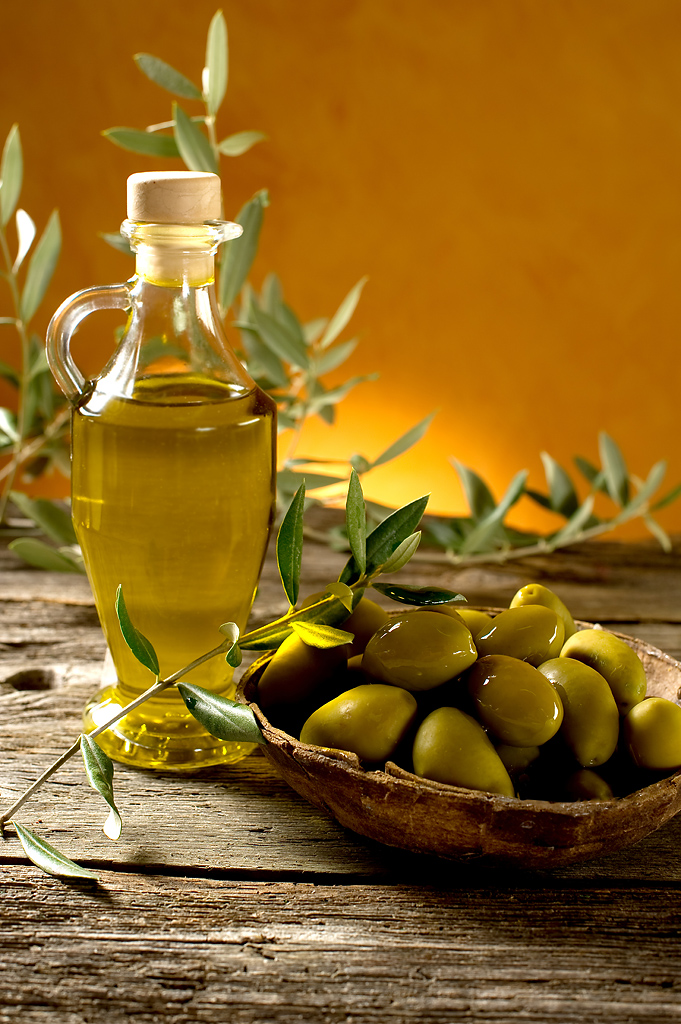 We will not talk about factory manufacturing, but we can talk about the village olive oil production which, of course, is the most valued.
We will not talk about factory manufacturing, but we can talk about the village olive oil production which, of course, is the most valued.
In the harvest season, the local residents take the olives, collected from the trees, to small rustic hangars where the oil mills are located. Jumping ahead to the end of the extraction process, the customer receives the oil he collected himself. This oil is the highest grade, the first direct extraction, or extra virgin oil.
First the olives are weighed and then sent to the sink on the automatic conveyor. Thoroughly washed and cleaned of debris, the olives are placed in a special container with millstones, where they are mashed. Then the resulting mash is diluted with water and loaded into a special apparatus where the mixture is separated into three fractions: water, dry pomace and the oil itself.
Next the oil passes the final stage of processing – filtration. This is when the oil begins to flow. It is the long-awaited moment – the olive oil begins to drip, slowly at first, then faster, into the vessels. The whole extraction process takes about 3-4 hours.
Customers aren’t bored during this time. As a rule, the small oil mills have a self-service kitchen where you can make Cypriot coffee, toast with rustic bread, and taste the olive oil, dipping the bread in it. You can discuss the latest news with other customers waiting their turn. There is sometimes zivania and local homemade wine available too.
Cypriot olive oil
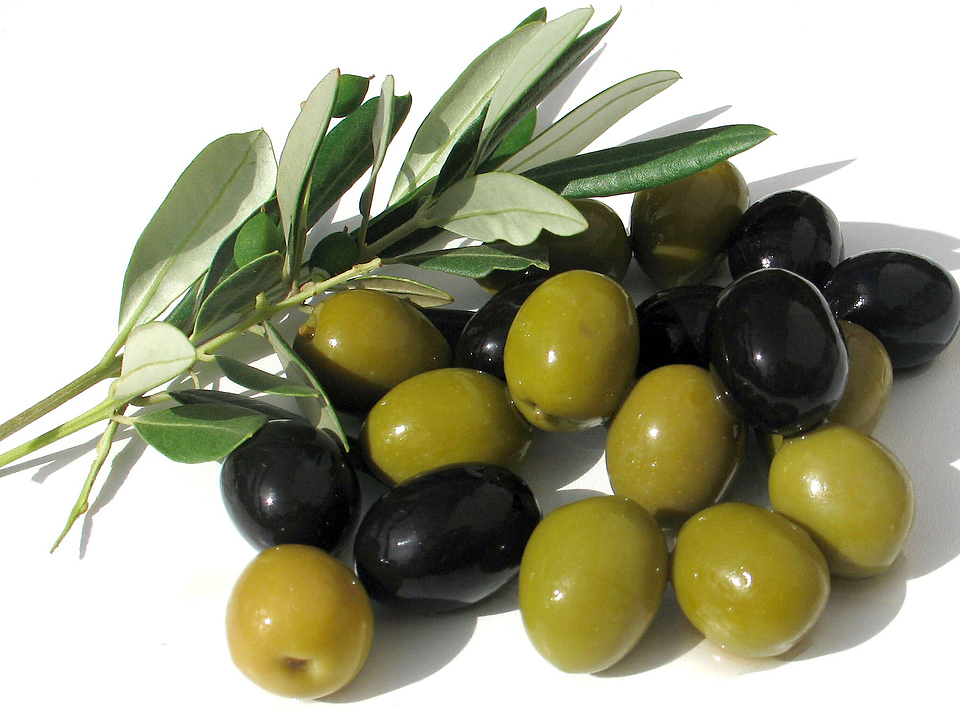 The taste and colour of the end product depends on the variety and ripeness of the olives. Under-ripe olives are green, and fully mature are a purple-black colour. Under-ripe olives have a little bit less oil than black ones, but the quality is higher.
The taste and colour of the end product depends on the variety and ripeness of the olives. Under-ripe olives are green, and fully mature are a purple-black colour. Under-ripe olives have a little bit less oil than black ones, but the quality is higher.
An interesting fact: the smaller the olives, the higher the oil content. The most “oily” olives are pea sized, but their collection is an extremely labour-intensive process.
250 kg of olives can produce about 50 litres of olive oil. Oils from the immature olives have less output, but are considered the most fragrant and delicious.
If you evaluate the work of these places, it turns out that these small hangars are not small manufacturers. They produce a quality product, not only for the Cyprus market but also for export to Germany, England, Russia and other countries.
In the mills there are even small labs. that identify the main indicators of the quality of the olive oil, including the acidity of the product – one of the main indicators.
What types of olive oil are produced in Cyprus?
The most useful and delicious is considered to be extra virgin olive oil.
Pay attention to the label: it should specify that it’s obtained solely by mechanical means (i.e. using only mechanical processing) or the first cold pressing. Only this oil contains antioxidants that help lower blood sugar levels, for example, and have a beneficial effect on the cardiovascular system and digestive organs.
Olives for this type of oil production are collected by hand and processed immediately after harvesting, at a temperature not higher than + 270 C.
Another type of quality oil is virgin olive oil. If the acidity of the oil exceeds 0.8%, it’s placed into this category. By the way, this product is also considered to be quite natural and of very high quality.
Behind the simple name ‘olive oil’ hides ‘refined oil’ which is subjected to a special clean-up at the cost of losing many useful properties. Sometimes, to give it the proper odour, a small amount of virgin oil is added.
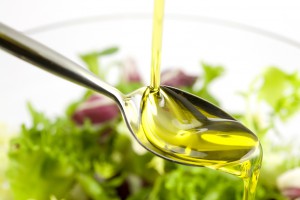
And lastly there is olive pomace oil, made from recycled organic solvents, or bagasse, using high temperatures. We’ll not go into its properties, suffice to say that its use in food should be avoided, in spite of its legality.
There is also lampante olive oil which is intended exclusively for technical purposes, or used as lamp oil in churches.
In addition to these, there are other varieties of olive oil. For example, a very valuable organic extra virgin olive oil which is obtained from olives grown without the use of chemicals. This oil is prepared by the monks of the Stavrovouni Monastery. Or there is salad oil, which is a mixture of olive and soybean oils.
Sales locations and the cost of olive oil in Cyprus
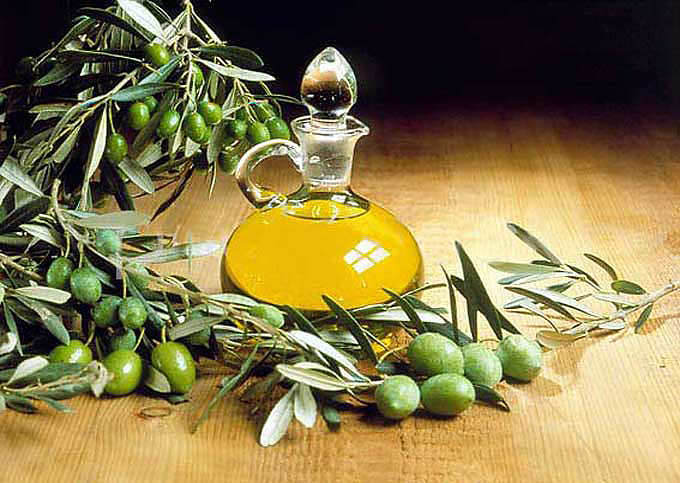 The freshest olive oil you can buy is from the rural oil mills from October to March, when there is olive collection and processing. There it is usually sold l in 4 litre canisters and costs about €5 per litre. During this period you can buy the freshest oil and watch the production process.
The freshest olive oil you can buy is from the rural oil mills from October to March, when there is olive collection and processing. There it is usually sold l in 4 litre canisters and costs about €5 per litre. During this period you can buy the freshest oil and watch the production process.
In the period from March to October you can come to the processing factory (in the morning) and purchase “out of stock” olive oil.
The price of olive oil in local supermarkets is about €6- €8 per litre, depending on the quality, but the “souvenir” options in the tourist areas will cost you €10 – €11 per litres (or €7 – €8 per bottle 0.5-0.75 litres, depending on the store).
How to store olive oil?
 Unlike wine, the most valuable olive oil is fresh. However, it is recommended that the freshly pressed oil is placed in a dark area for the formation of a precipitate, which subsequently must be drained.
Unlike wine, the most valuable olive oil is fresh. However, it is recommended that the freshly pressed oil is placed in a dark area for the formation of a precipitate, which subsequently must be drained.
It should also be borne in mind that the olive oil, when placed in the refrigerator, loses its transparency and the colour lightens.
It is best to store olive oil in a dark, cool place, away from the stove. It is also necessary to keep it in an air tight container so that it doesn’t oxidize.
To summarize our brief review of olive oil, it is worth noting that the purchase of oil from local mills or from stores significantly differs from what you can purchase in Russian stores.
Local olive oil, especially rustic, has a unique taste. Even if you dip ordinary bread in olive oil, you will end up with something wonderful and flavourful.




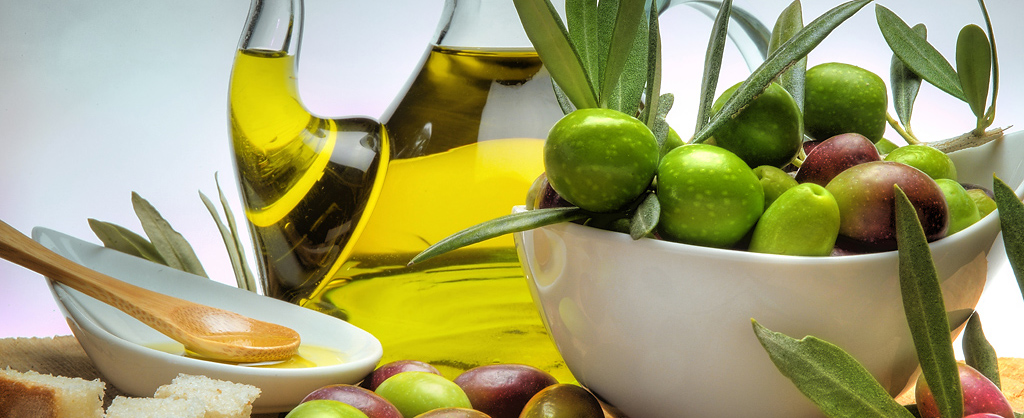
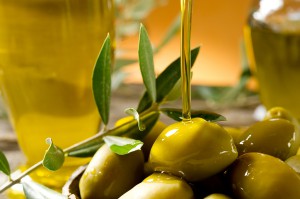
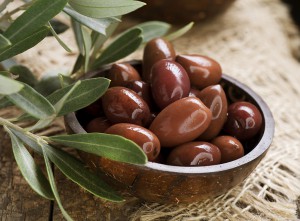
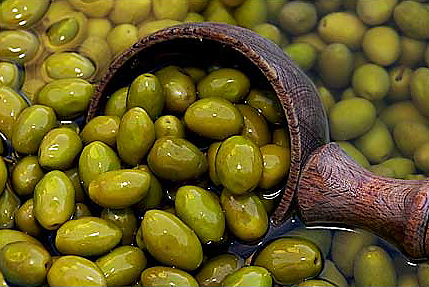

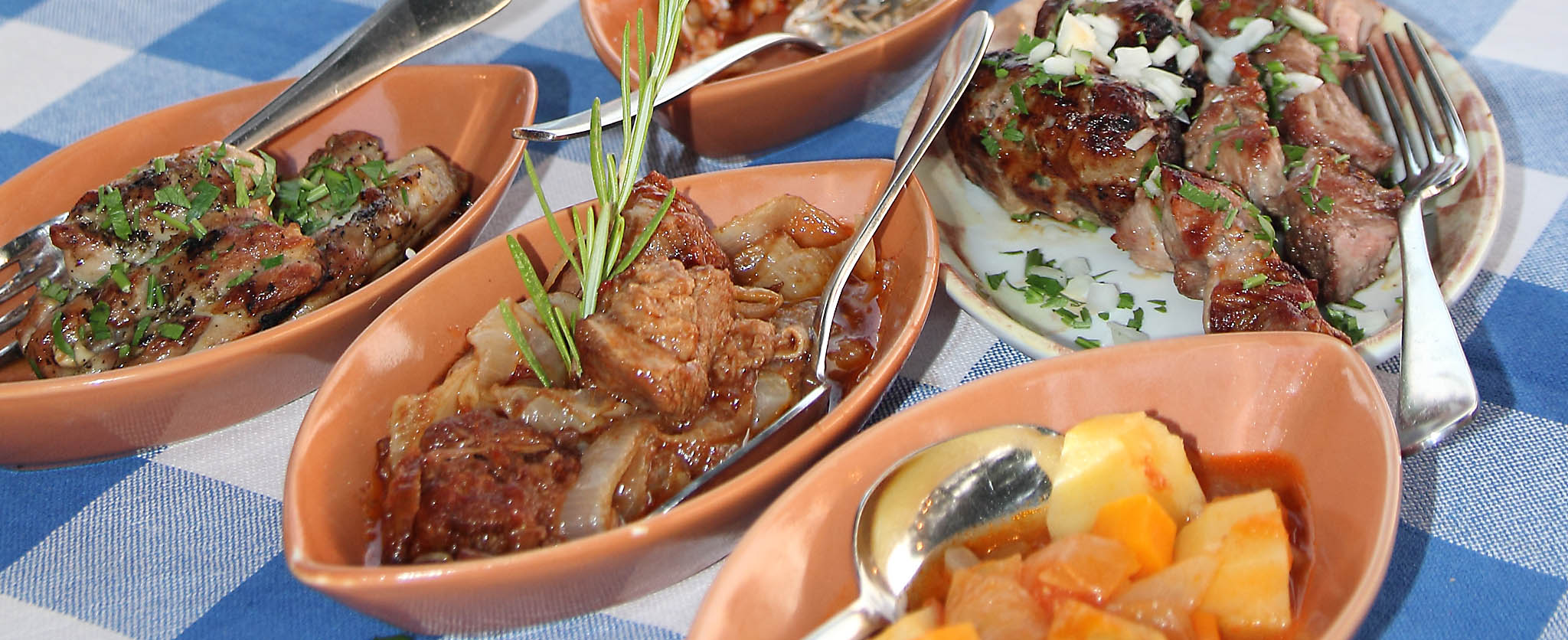
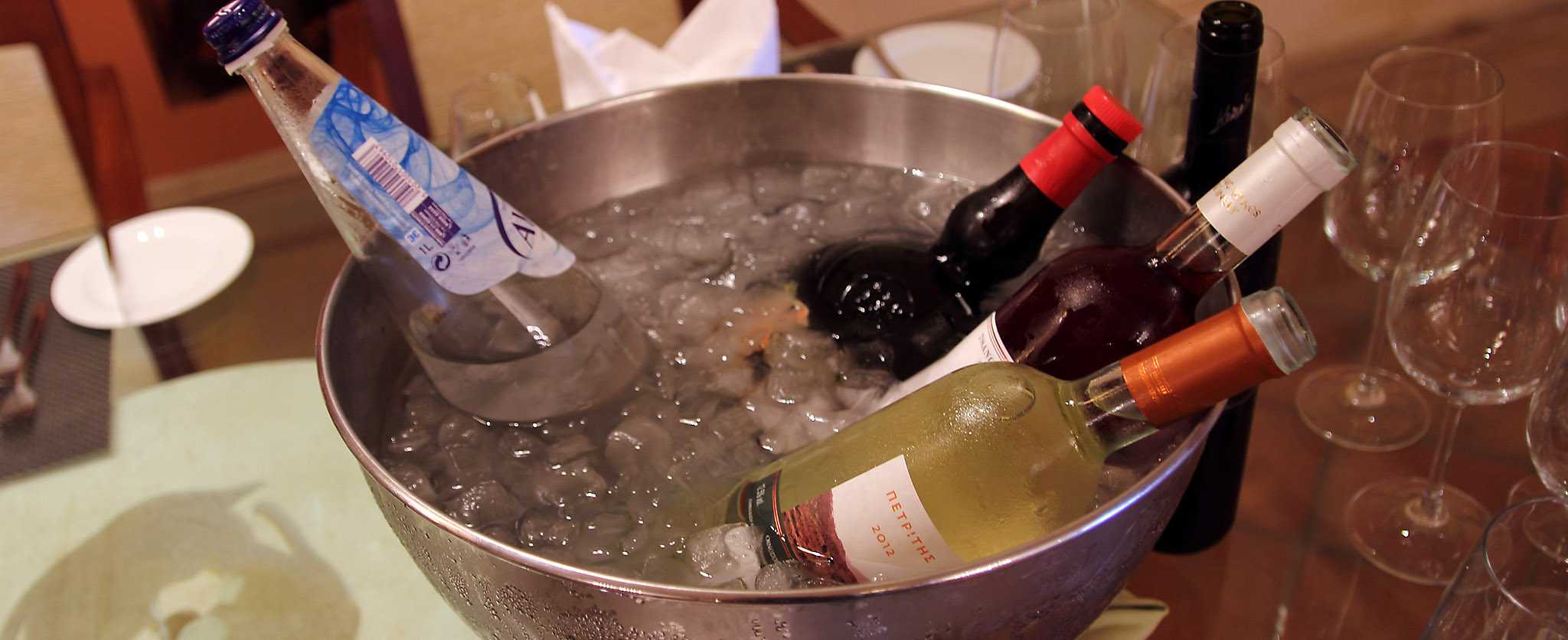
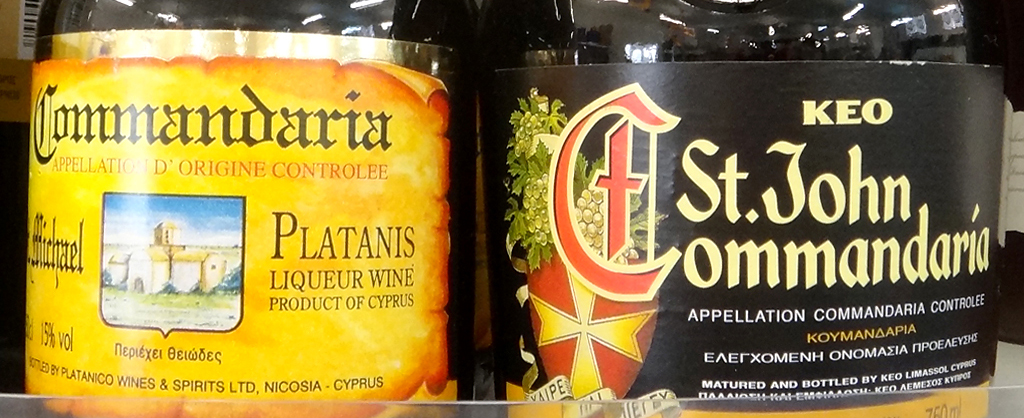


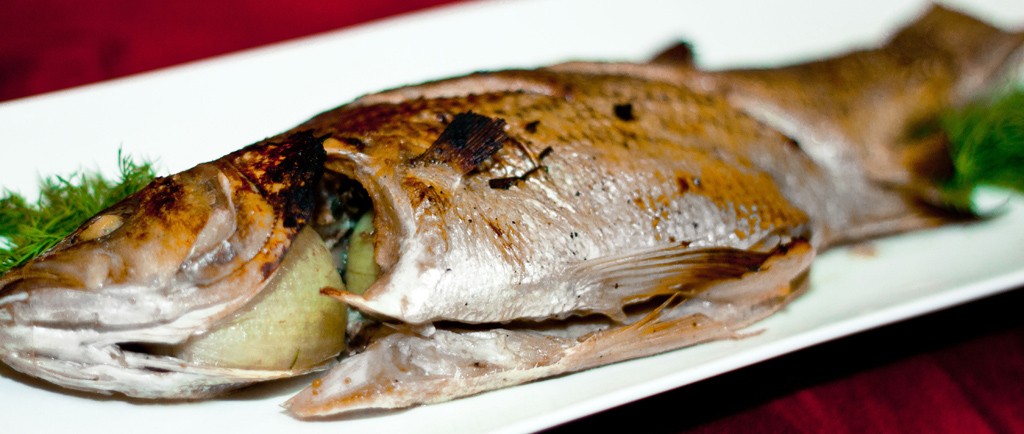
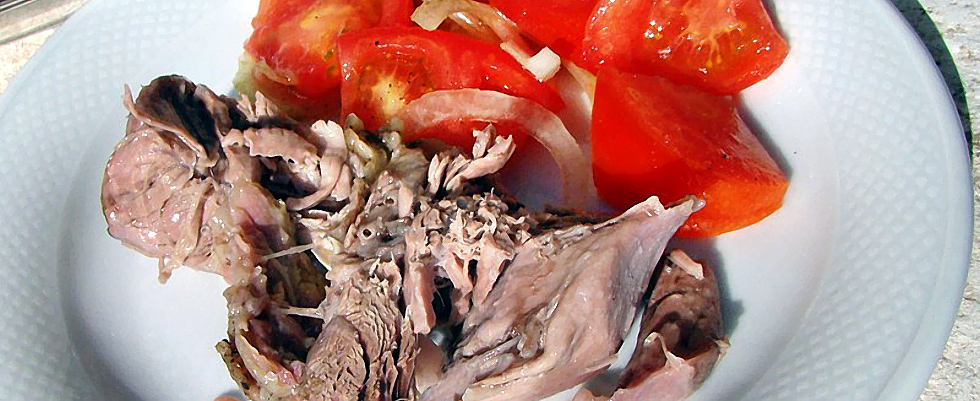
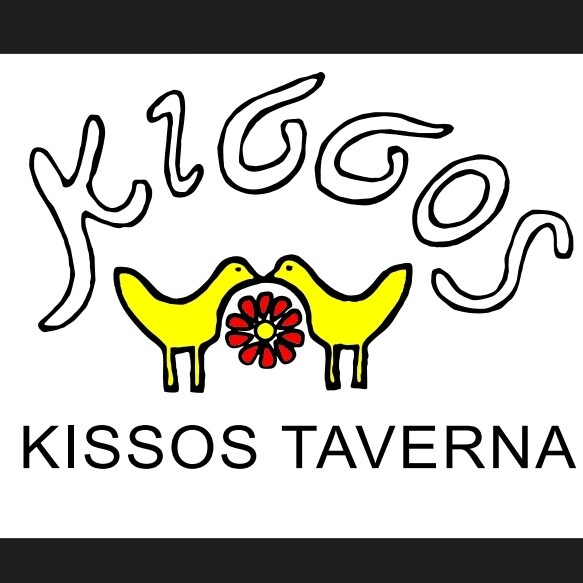




When I was in Cyprus, I bought the olive oil. He has an unusual taste. The taste of the oil produced in Cyprus, is different from the oil, which is sold in stores in other countries. I think that the fact that the oil, which is made in Cyprus, fresh – it is made here recently, and therefore has a magical and delicate taste.
The article says that the freshest olive oil can be purchased in Cyprus from November to March. Really, I was in Cyprus in January, and olive oil is the most recent – is unlikely somewhere I could have a try. The price of oil corresponds to its quality – 5 euros per liter – is not so much, I can afford it, and bring home a few liters of olive oil.